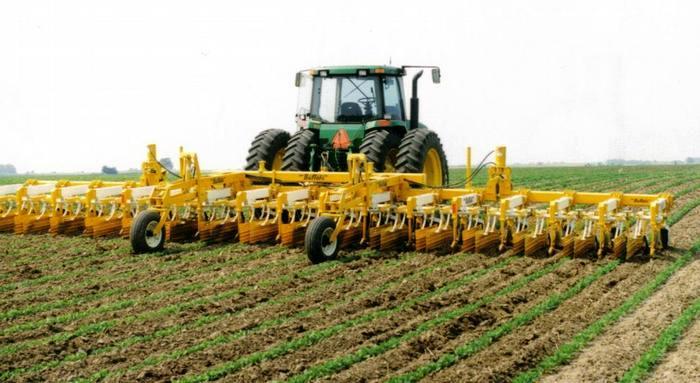The World Bank, in its Global Economic Prospect 2021, has said Uganda’s agricultural sector will be among the most resilient sector in 2021.
Uganda, the World Bank said, will be among the five countries in sub-Saharan Africa that will experience the least contraction in agriculture. This, according to the World Bank, implies that agriculture will support Uganda’s economy through ensuring food security, boosting household incomes, and commodity exports.
Agriculture has been a key economic safeguard in the face of severe shocks resulting from Covid-19.
These have been extensive negatively impacting the economy.
However, according to the Ministry of Finance, agriculture, forestry, and fishing were the most resilient sectors during the 2019/20 financial year, expanding by 4.8 percent.
In the 2021/22 Budget Framework Paper, the Ministry of Finance noted agriculture production and agro-industrialization will be critical in enhancing food security, manufacturing (accounting for more than 60 percent), export promotion, and job creation.
“Notwithstanding Covid-19 disruptions, coffee export reached the highest level in July 2020. The country shipped 543,252, 60-kilogramme bags, up from 463,709 in July 2019. It is the highest amount exported in a single month since 1991. Similarly, maize exports to the region increased. This points to the enormous potential we have to increase exports of agricultural products to both the regional and continental markets,” said the Ministry of Finance.
In its Global Economic Prospect, the World Bank said whereas oil-exporting countries had grappled with a sharp decline in prices, agricultural-based economies had demonstrated resilience absorbing a number of shocks.
“Oil exporters grappled with lower prices, while those with large travel and tourism sectors endured near shutdowns. Contractions in agricultural commodity exporters were less steep,” the World Bank said, noting sub-Saharan growth is forecast to rebound to 2.7 percent in 2021, while the recovery in private consumption and investment is forecast to be slower than projected.
Non-performing loans
According to the World Bank, the banking system is expected to experience a sharp increase in non-performing loans as companies will struggle service debt obligations due to falling revenues.
Source: Daily Monitor






